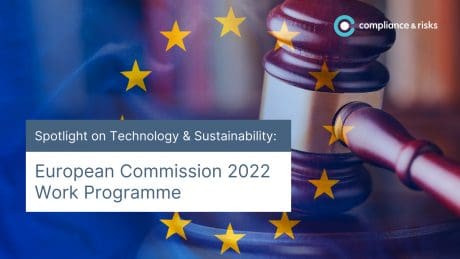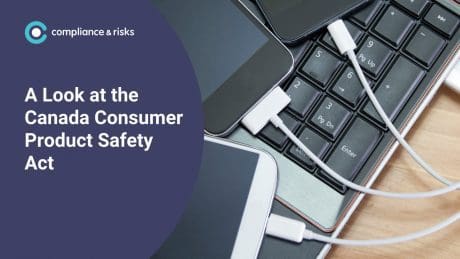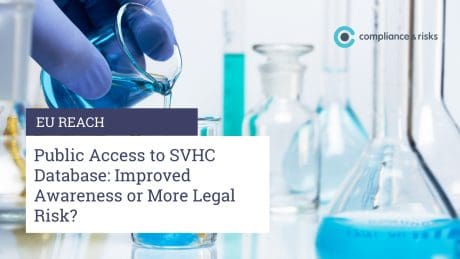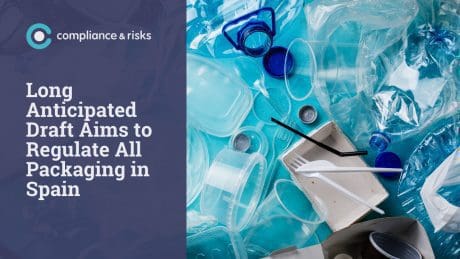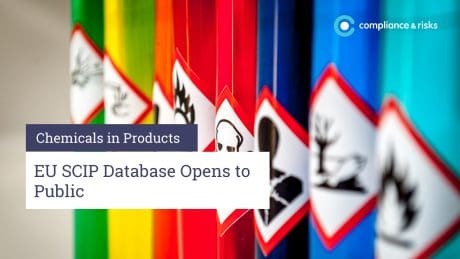
RoHS Exemption Proposed Delegated Acts


- Lead in platinized platinum electrodes used for certain conductivity measurements. This is a renewal of exemption 37 of Annex IV. This expires on 31 December 2025, providing the maximum allowable validity period of 7 years after the previous expiry date of 31 December 2018
- Lead in solders and termination finishes used in certain hand-held combustion engines. This is renewal of exemption 41 of Annex III and has a validity period of only 2 years after publication in the Official Journal (for categories 1 – 7 and 10)
- Hexavalent chromium as an anticorrosion agent of the carbon steel cooling system in absorption refrigerators. This has been renewed but split into two sub-parts, 9a-I for power ratings of <75 W which expires only 1 year after publication in the Official Journal, and 9b-II for power ratings of 75 W and greater that are designed to fully operate with non-electrical heaters which will expire 21 July 2021
- Cadmium in certain radiation tolerant video camera tubes. This is a new exemption that will become entry 44 of Annex IV and will expire after the maximum 7 year validity period
- Bis(2-ethylhexyl) phthalate (DEHP) in certain rubber components used in engine systems. This is a new exemption that will become entry 43 of Annex III and applies only to category 11 equipment and expires on 21 July 2024, which is the maximum five years validity period from the date category 11 entered the scope of RoHS. The wording of this exemption specifically excludes any parts that come into prolonged contact with skin or mucous membranes because this will be restricted by REACH from 7 July 2020
- Lead in solders used in certain combustion engines. This is a new exemption that will become entry 44 of Annex III applying only to category 11 equipment and expiring on 21 July 2024. This exemption’s scope is limited to equipment in scope of EU Regulation 2016/1628 which regulates emissions from engines of non-road mobile machinery
It is likely that all of these will be published in the Official Journal, probably before the end of 2019, as the European Parliament and Council rarely object to Commission Delegated Directives.
If you want to stay on top of global regulations related to hazardous substances, please Talk to Us!

